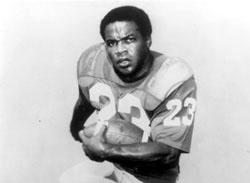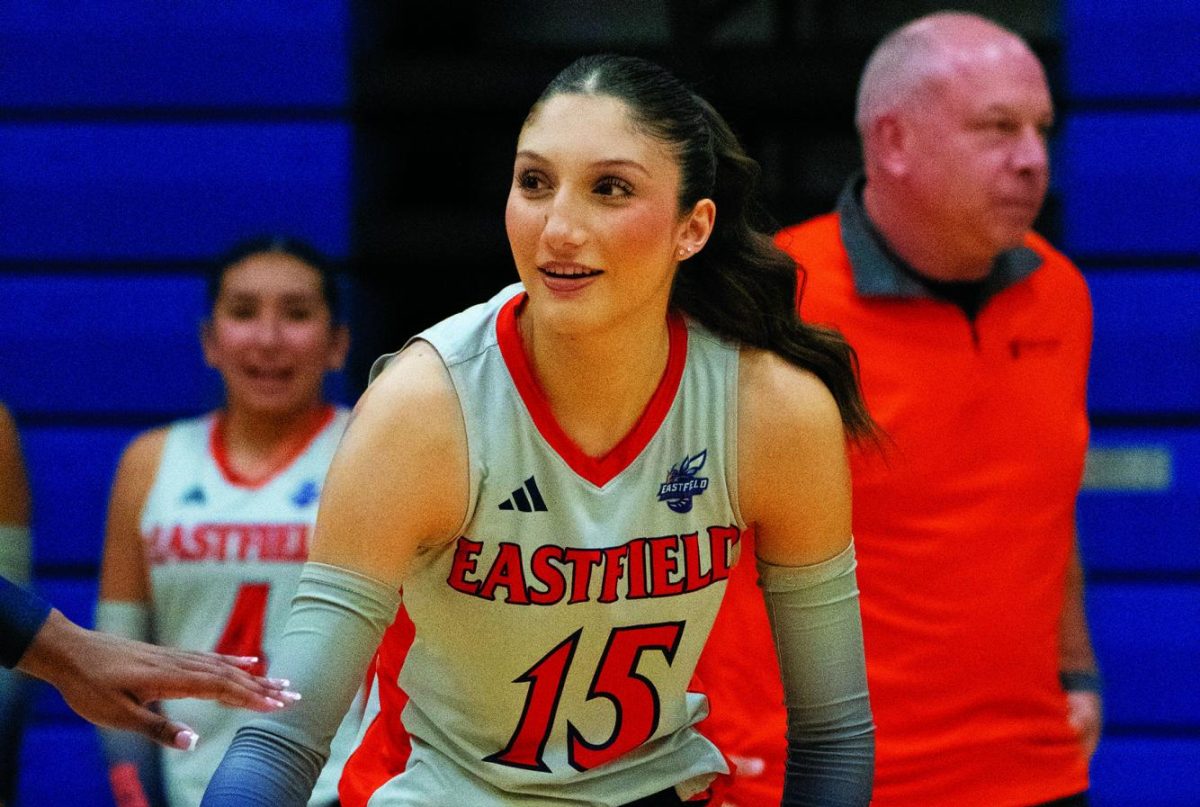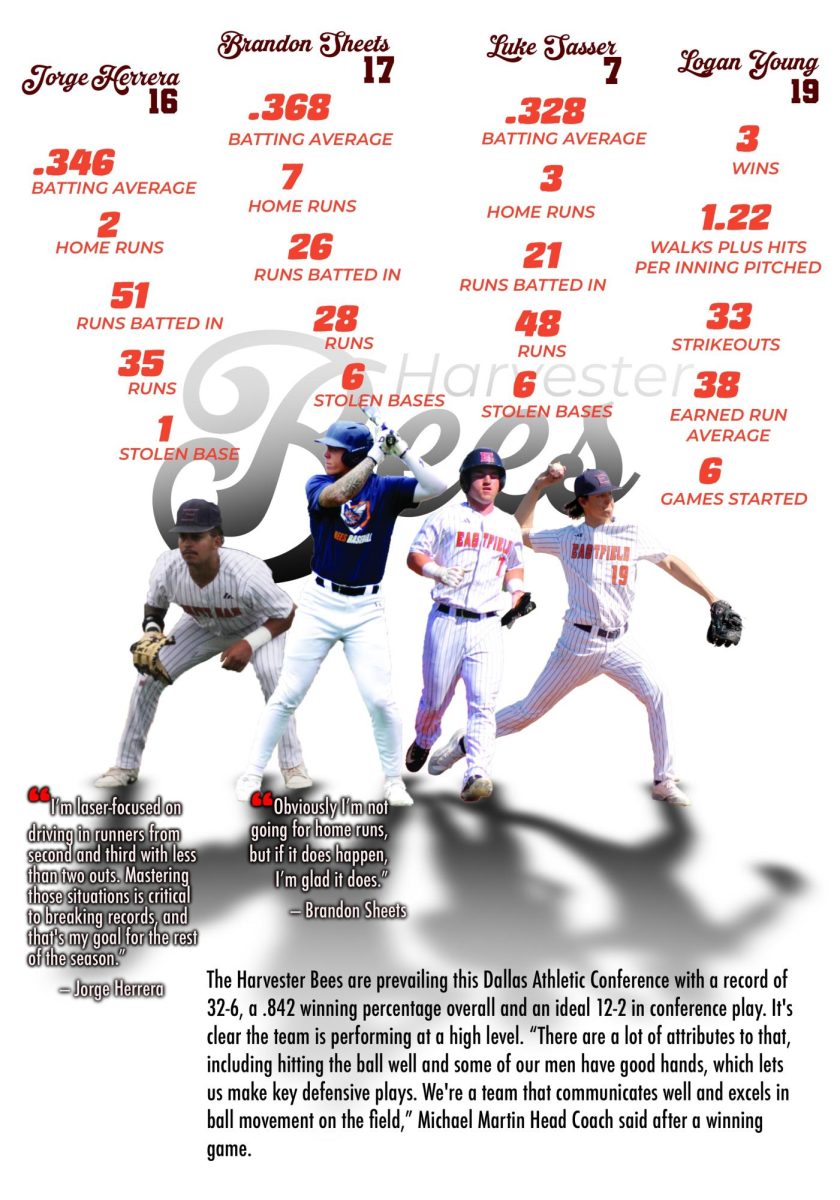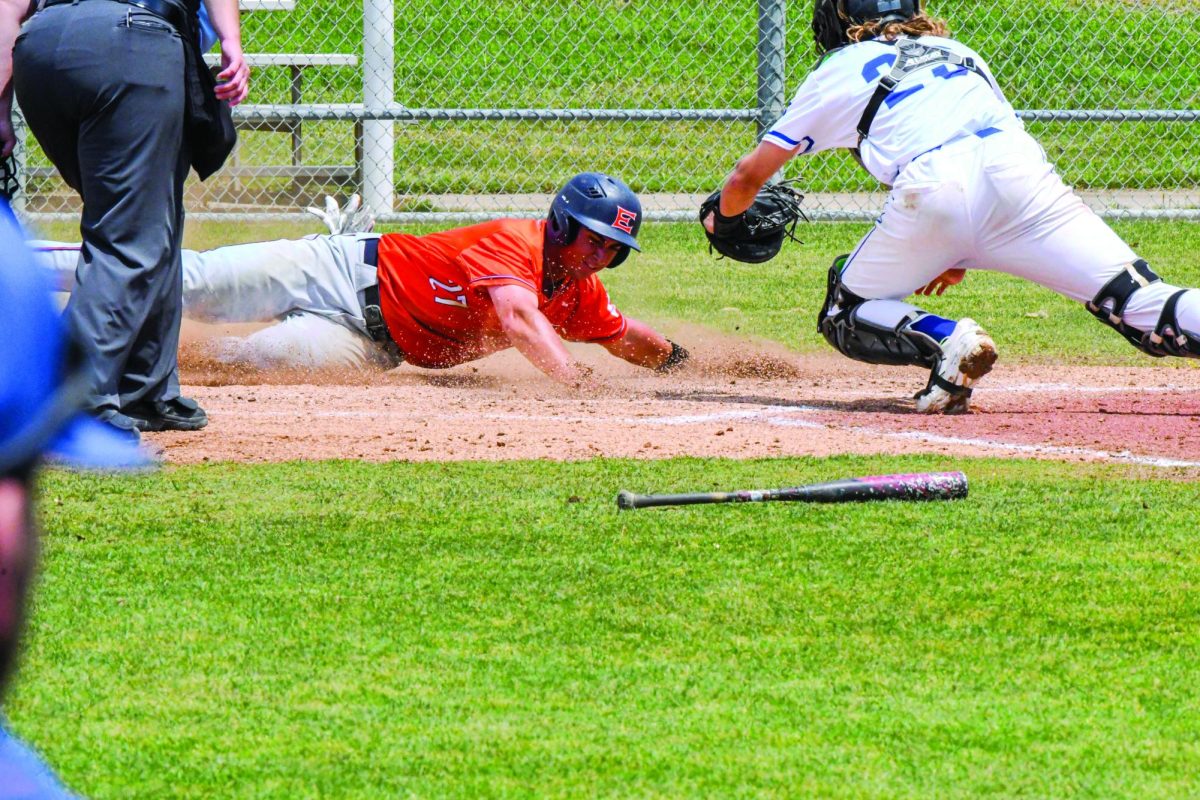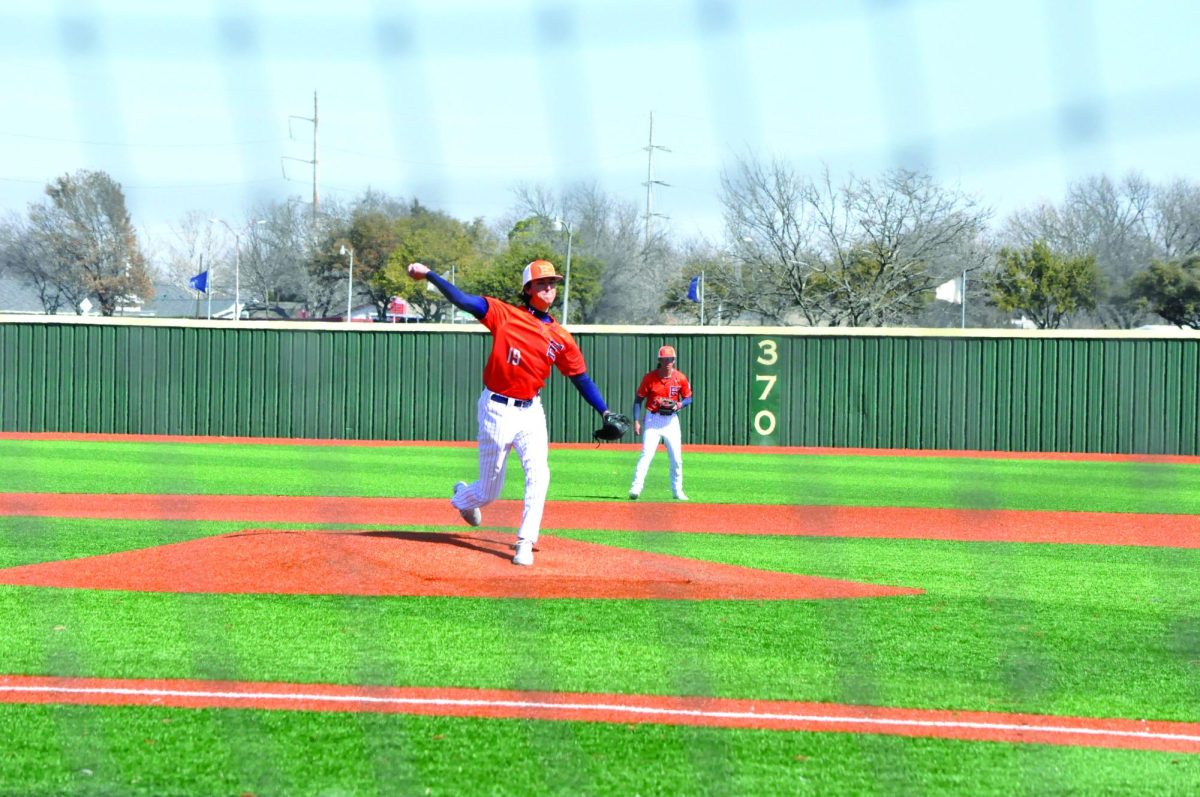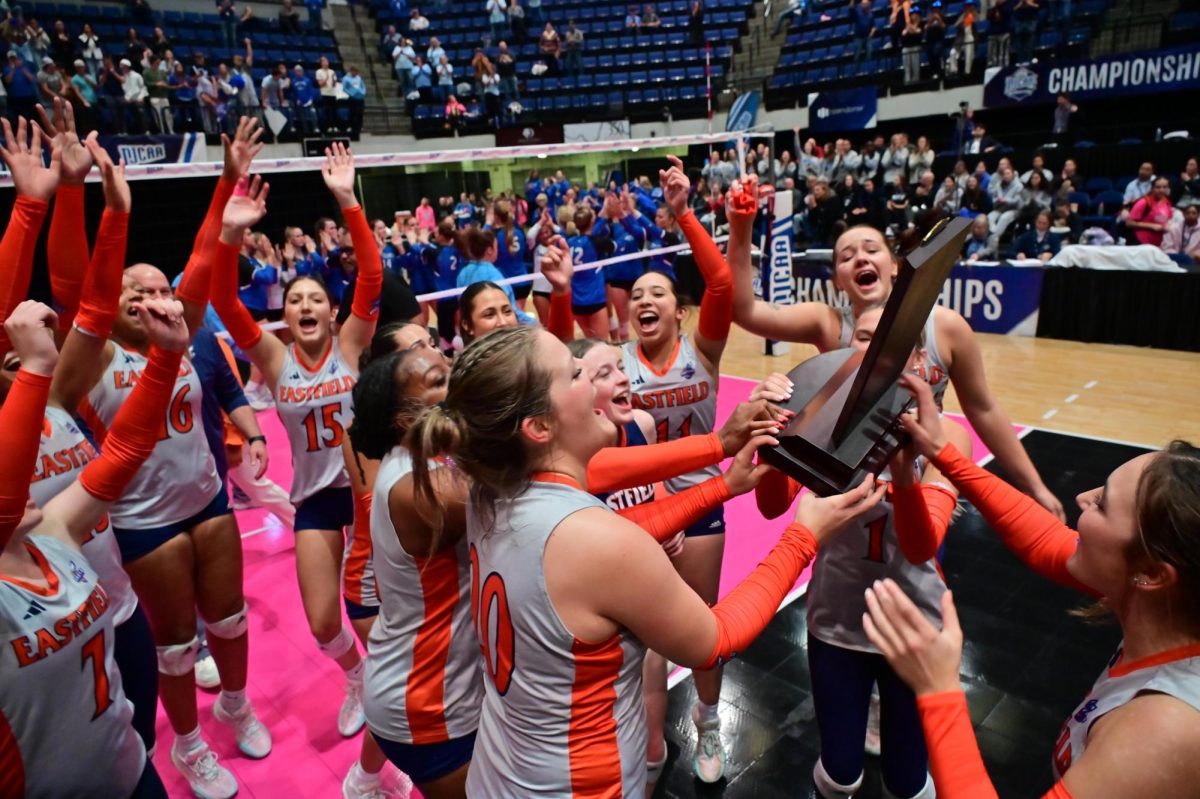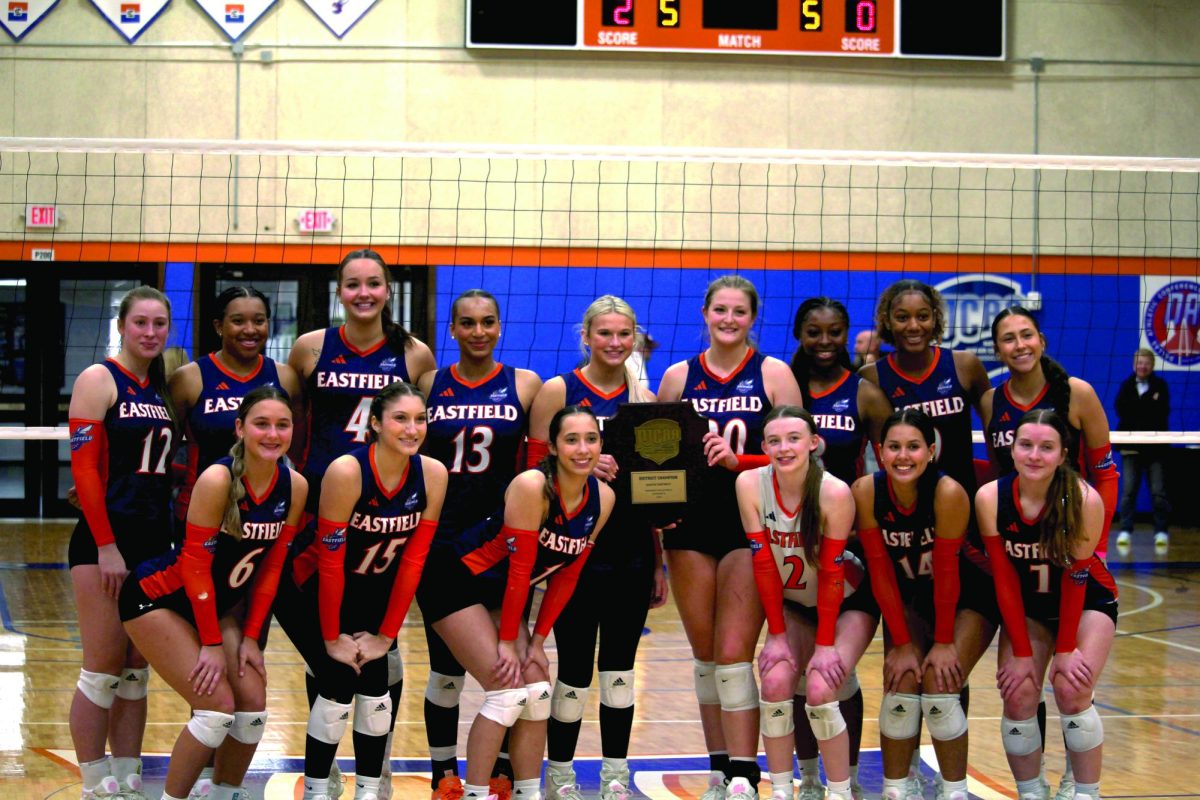Sports have long been a catalyst for social change, breaking down racial and cultural barriers while fostering a sense of unity. This is evident in Dallas, a city with a rich sports history that mirrors the broader struggles and triumphs of integration in America. From the early days of racial segregation to the present era of diversity and inclusion, sports have played a pivotal role in shaping Dallas’ social and cultural landscape.
The integration of sports in Dallas was neither immediate nor easy. Before the 1950s, racial segregation was deeply entrenched in Texas society and African American athletes were excluded from many professional and collegiate teams. However, as the civil rights movement gained momentum, sports became a powerful platform for change.
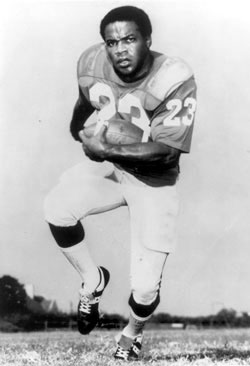
One of the most significant moments in Dallas sports history was the integration of the Dallas Cowboys. Founded in 1960, the team initially had very few Black players, but as the Civil Rights Movement progressed, their presence increased. Players like Bob Hayes, a former Olympic gold medalist, broke racial barriers and became a key figure in the team’s success. Hayes, who joined the Cowboys in 1965, wasn’t the only trailblazer for African American athletes. He was, however, noteworthy for redefining the wide receiver position with his unmatched speed.
College sports in Dallas also played a critical role in integration. Southern Methodist University (SMU), one of the city’s premier athletic programs, gradually integrated its teams in the 1960s. Jerry LeVias, the first Black scholarship athlete in the Southwest Conference, joined SMU’s football team in 1965. Facing hostility and discrimination, LeVias persevered, becoming one of the best players in the school’s history and paving the way for future Black athletes in Texas football.
Today, Dallas continues to be at the forefront of diversity and inclusion in sports. The city is home to multiple professional teams — the Cowboys (NFL), Mavericks (NBA), Rangers (MLB), Stars (NHL), Wings (WNBA) and FC Dallas (MLS) — all of which reflect the city’s multicultural identity.
These teams not only embrace diversity on the field but also in their front offices and community initiatives. For example, the Dallas Mavericks have been vocal proponents of inclusion and social justice. Former head coach Jason Kidd, one of the greatest point guards in NBA history, is of mixed-race heritage, exemplifying the sport’s embrace of diverse backgrounds. The Mavericks have also been involved in numerous community outreach programs aimed at uplifting underserved communities and promoting racial equity.
The Dallas Wings have also been leaders in social activism.
Women’s sports, in general, have been instrumental in advocating for equality, and the Wings have used their platform to support movements such as Black Lives Matter and gender equity in athletics.
Players have been at the forefront of discussions on racial and social justice, continuing the legacy of integration and inclusion in sports.
Beyond professional teams, sports at the grassroots level have played a crucial role in uniting Dallas’ diverse communities. Youth sports programs, high school athletics and collegiate teams provide opportunities for individuals of all backgrounds to come together, fostering a sense of belonging and mutual respect. Events such as the Dallas Marathon, high school football championships at AT&T Stadium and FC Dallas’ youth development programs highlight the city’s commitment to inclusion through sports. These events bring people from different races, ethnicities and socioeconomic backgrounds together, reinforcing the idea that sports can be a powerful unifying force.
Moreover, Dallas’ role as a host city for major sporting events has further showcased its dedication to diversity and inclusion. The city has hosted events such as the NBA All-Star Game, the College Football Playoff National Championship and will be one of the host cities for the 2026 FIFA World Cup. These events provide an opportunity to celebrate the global nature of sports and the unity they foster among people from all walks of life.
The integration of sports in Dallas reflects a broader story of progress, perseverance and unity. From breaking racial barriers in the 1960s to embracing diversity in modern athletics, the city’s sports landscape has been a microcosm of societal change.
Whether through professional teams, collegiate athletics or community programs, Dallas continues to demonstrate the power of sports in bringing people together and promoting inclusivity.
As the city looks ahead, its commitment to integration and equality in sports remains a defining aspect of its identity.


